Nov 06
The Fight for Black Education and Black History
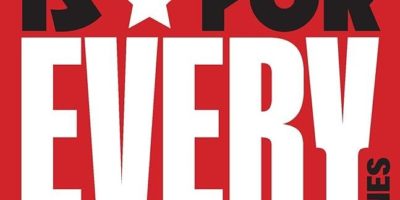

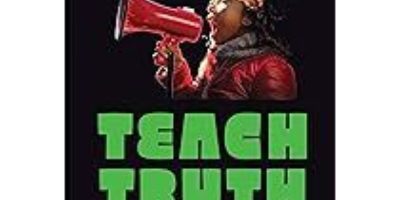
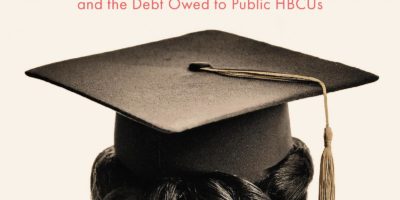
Description
In a moment when Black history and Black studies are under attack, it is critical to hear from the scholars, organizers, and teachers steadfastly pursuing and documenting this work. This virtual panel brings together four such writers to share about their brilliant books. Brian Jones and Jesse Hagopian, both of whom are rooted in anti-racist education struggles today, will discuss the importance of Black history and organizing for anti-racist schools and educational institutions. Barry Goldenberg will dive into the history of Harlem Prep and multicultural education in the neighborhood. Crystal Sanders will discuss the economically coerced migration of Black students out of the South and the debt owed to public HBCUs.
Speakers
-
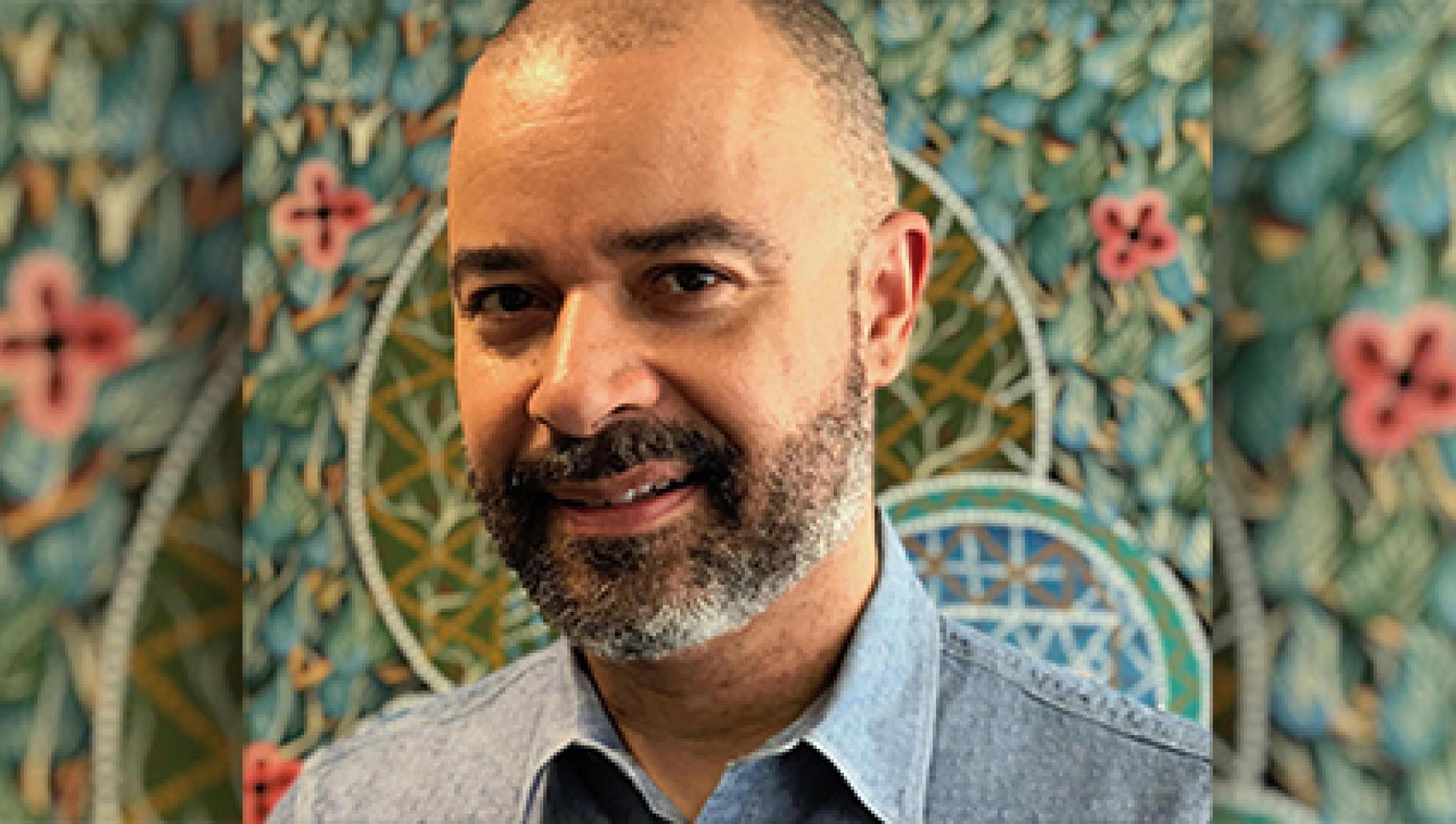
Brian Jones
New York Public Library
Brian P. Jones is an American educator, scholar, activist, and actor. He is the inaugural director of the Center for Educators and Schools of The New York Public Library, and formerly the Associate Director of Education at the Schomburg Center for Research in Black Culture, where he was also a scholar in residence. Jones earned a PhD in Urban Education at the CUNY Graduate Center and has contributed to several books on issues of racism, inequality, and Black education history, most recently to Black Lives Matter At School: An Uprising for Educational Justice. He is the author of The Tuskegee Student Uprising: A History (NYU Press Black Power Series) and Black History Is for Everyone (Haymarket Books).
-
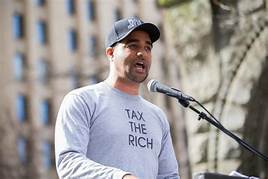
Jesse Hagopian
Teacher, Author, Editor, Activist
Jesse Hagopian is a high school teacher in Seattle and has taught for over a decade at Garfield High School–the site of the historic boycott of the MAP test in 2013. Jesse is an editor for the social justice periodical Rethinking Schools, is the co-editor of the books, Black Lives Matter at School and Teaching for Black Lives, and is the editor of the book, More Than a Score: The New Uprising Against High-Stakes Testing. Jesse serves as the Director of the Black Education Matters Student Activist Award, is an organizer with the Black Lives Matter at School movement, and is founding member of Social Equity Educators (SEE).
Jesse is an activist, public speaker, and a contributing author to 101 Changemakers: Rebels and Radicals Who Changed US History, Education and Capitalism: Struggles for Learning and Liberation (Haymarket Books), and Why We Teach Now (Teachers College Press). Jesse’s essay on the MAP test boycott and the ensuing national uprising against high-stakes testing was published in Howard Zinn and Anthony Arnove’s 10th anniversary edition of Voices of a People’s History of the United States.
Jesse’s commentary has been featured on many local and national news programs including, HBO’s “Problem Areas” with Wyatt Cenac, NBC’s “Education Nation,” and The PBS News Hour with Gwen Ifill. Jesse’s writings on education, the Black Lives Matter movement, Haiti, Palestine, and US politics, have been published at the Black Agenda Report, The Progressive, Alternet, and the National Education Association’s Education Votes blog.
Jesse is the recipient of the 2019 “Racial Justice Teacher of the Year” from the NAACP Youth Coalition and the “Social Justice Teacher of the Year” award from Seattle Public School’s Department of Racial Equity. In 2015, Jesse received the Seattle/King County NAACP Service Award, was named as an Education Fellow to The Progressive magazine, as well as a “Cultural Freedom Fellow” for the Lannan Foundation for his nationally recognized work in promoting critical thinking and opposing high-stakes testing.
Jesse is a graduate of Seattle’s Garfield High School and Macalester College, and obtained his Master’s degree in teaching at the University of Washington.
-
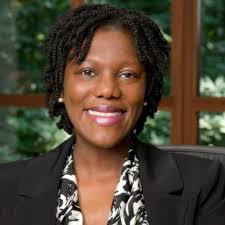
Crystal Sanders
Emory University
Crystal R. Sanders is an award-winning historian of the United States in the twentieth century. Her research and teaching interests include African American History, Black Women's History, Civil Rights History, and the History of Black Education. Professor Sanders is the author of A Chance for Change: Head Start and Mississippi's Black Freedom Struggle and A Forgotten Migration: Black Southerners, Segregation Scholarships, and the Debt Owed to Public HBCUs. A Chance for Change won the 2017 Critics' Choice Award from the American Educational Studies Association and the 2017 New Scholar's Book Award from Division F of the American Educational Research Association. Professor Sanders’ work can also be found in many of the leading history journals, including the Journal of Southern History, the North Carolina Historical Review, and the Journal of African American History.
Professor Sanders is the recipient of a host of fellowships and prizes and currently serves on the Executive Council of the Association for the Study of African American Life and History (ASALH) and as the Assistant Editor of the Journal of African American History.
-
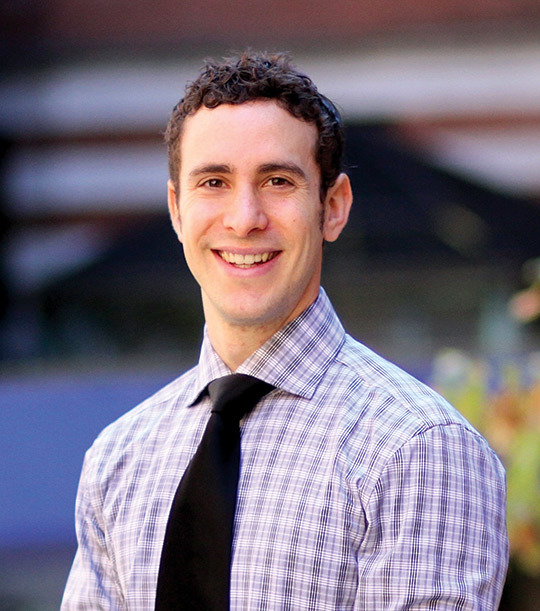
Barry Goldenberg
University of California, Irvine
Barry M. Goldenberg is a Lecturer in the Education Sciences and MAT + Credential programs at the School of Education at the University of California, Irvine, where he has received multiple recognitions for his teaching. At UC Irvine, Barry teaches over 1,000 students annually across 12 courses on multicultural education, education policy, and the history of education. His research on the civil rights era schooling, racial equity in education, and community-based history instruction has been published in Urban Education, Multicultural Perspectives, Rethinking History, Voices From the Middle, The Social Studies, and The Journal of African American History, among other publications that include book chapters and online essays. A first-generation scholar born and raised in St. Louis, he holds a B.A. in History from UCLA (highest departmental honors, magna cum laude), and a M.A and Ph.D. in History and Education from Columbia University. Barry resides in Los Angeles with his wife and daughter.